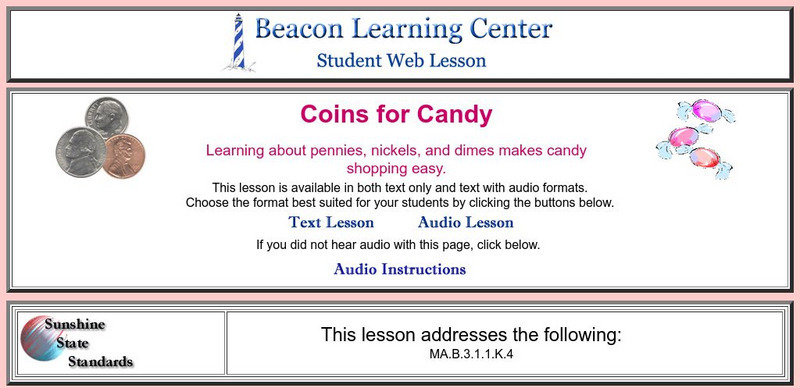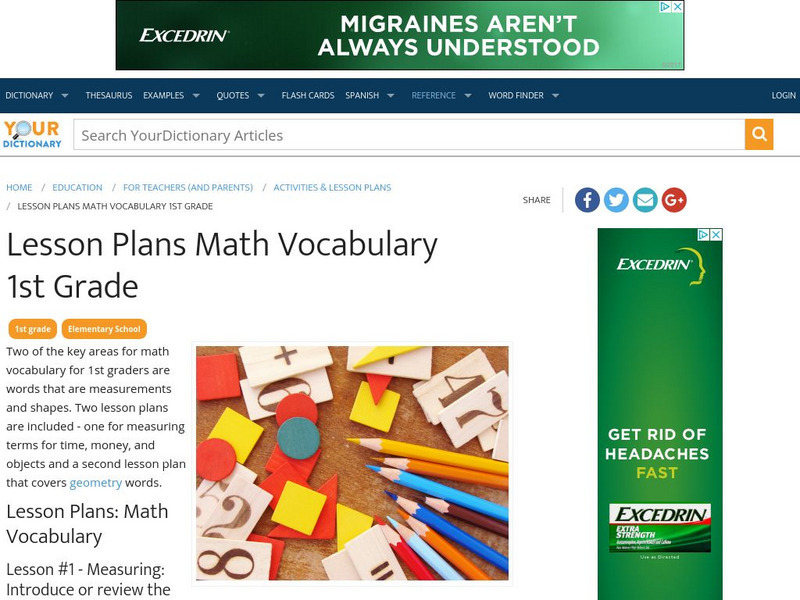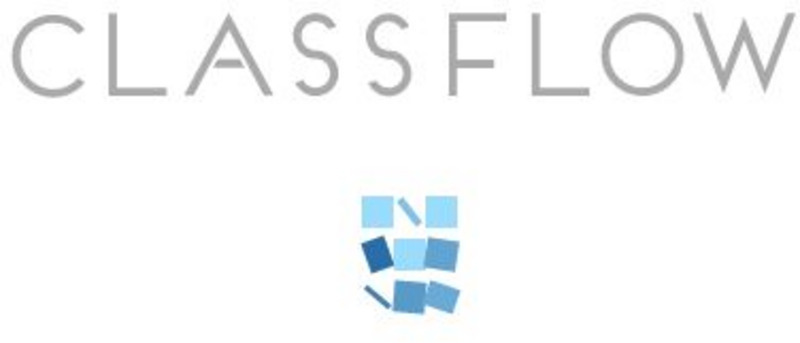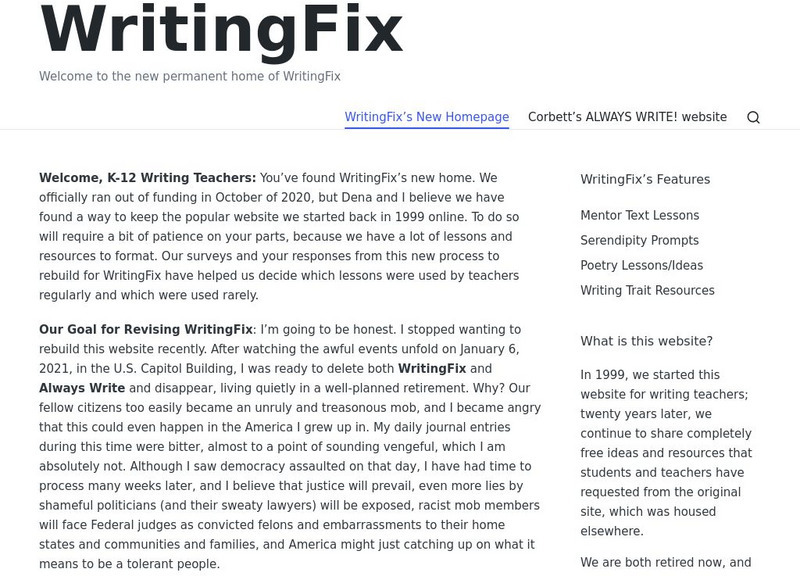Hi, what do you want to do?
Scholastic
Scholastic: Study Jams! Math: Compare Money Amounts
This interactive lesson teaches how to compare money amounts step by step.
Scholastic
Scholastic Lesson Plan: A Chair for My Mother
This extensive lesson plan uses the Children's Literature book "A Chair for My Mother," by Vera B. Williams to teach the concepts of saving and reaching a goal. Primary students are the target for this lesson plan.
Practical Money Skills
Practical Money Skills: Lessons: Pre K Grade2
Four lessons on basic money skills for young learners cover topics such as identifying money, spending money, and earning money.
Alabama Learning Exchange
Alex: Show Me the Money
In this instructional activity, students identify coins, describe their attributes, learn their value, and count like coins. Students view an interactive web instructional activity that provides practice. Concepts are taught using songs,...
Scholastic
Scholastic: Adventures in Math: Lesson 2: Money Planning
What can we do with money? Deciding on the best use of our money requires planning. Students will identify ways that money can be used: spending, saving, and giving.
Scholastic
Scholastic: Adventures in Math: Lesson 1: Money Basics
Why do we use money? Learn why we need money and to identify bills and coins.
Other
My Schoolhouse: Counting Money: Coins
Interactive lesson teaches students how to count coins. Students can practice the skill and check their answers.
Beacon Learning Center
Beacon Learning Center: Coins for Candy
An interactive lesson helps students identify, compare, and learn the value of coins including pennies, nickels, and dimes.
Practical Money Skills
Practical Money Skills for Life: Lesson Plans
A series of financial literacy lesson plans broken out by grade range for grades from Pre-K through college, with an additional set of lessons created for students with special needs.
Scholastic
Scholastic: Adventures in Math: Lesson 3: Money in Our Community
Lesson focuses on how and why money circulated within our community. Being able to discern the difference between things we need and things we want is one of the foundational concepts for using money wisely. Goods and services are things...
Practical Money Skills
Practical Money Skills: Making Spending Decisions
This instructional activity introduces guided, money-related, decision-making activities for children in preschool and kindergarten.
Scholastic
Scholastic: Adventures in Math: Lesson 1: Money Matters
The process of earning money is the cornerstone of financial literacy. In this lesson, learners will identify key terms associated with earning money, explore ideas for earning money now, and evaluate various career options as sources of...
Scholastic
Scholastic Instructor: A Pocketful of Gold?
Learn more about the Susan B. Anthony silver dollar, the Sacagawea coin, and other coins through this resource.
Love To Know Media
Your Dictionary: Lesson Plans Math Vocabulary 1st Grade
This site includes two first grade math vocabulary lesson plans: one for measurement terms and time and money, and another for geometry terms
ClassFlow
Class Flow: How Much Money Do You Have
[Free Registration/Login Required] In this flipchart every page has a different total value of currency. Students can practice counting money. This flipchart can be used to add to your currency lesson or used as a center.
ClassFlow
Class Flow: Count How Much Money You Have
[Free Registration/Login Required] This flipchart makes a great center or an addition to your money lesson. Students work in pairs or groups. One student drags an amount of money out for their partner and the partner counts the total.
ClassFlow
Class Flow: Identifying Coins
[Free Registration/Login Required] This lesson is a Montessori 3-part lesson on identifying coins.
Writing Fix
Writing Fix: Writing for Math Class: Follow the Path of Five Dollars
In this lesson, Pat Brisson's book Benny's Pennies is used as a mentor text. Students will discover ways to spend money that meets specific criteria. Students must explain their process for their spending choices, and then they must...
Beacon Learning Center
Beacon Learning Center: Too Much Noise
Students count and add coins to determine the fewest number needed to produce a given amount.
Alabama Learning Exchange
Alex: Printing Your Own Money
Lesson outlining a class fundraiser where students design and create their own print to use to make greeting cards.
University of Texas at Austin
Mathematics Teks Toolkit: Math Bargains
Students use real coins to explore and solve problems involving the purchase of items.
Scholastic
Scholastic: Discussion Guide: Money Troubles
Scholastic presents this discussion guide of "Money Troubles" by Bill Cosby. The guide includes discussion questions, extension activities, and more.
Starfall
Starfall: Coin Monkey
This lesson focuses on coins and how to count them to make other coins: pennies, nickles, and quarters.
Writing Fix
Writing Fix: Smart Math and Writing
In this lesson, the poem "Smart" from Where the Sidewalk Ends, by Shel Silverstein, is used as the mentor text. Young scholars will write a map of the poem and then analyze it to discover what happened when trades with money were made...
Other popular searches
- Money Lessons Giving Change
- Counting Money Lessons
- Canadian Money Lessons
- Second Grade Money Lessons
- 2nd Grade Money Lessons
- Australian Money Lessons
- Shopping Money Lessons
- Math Money Lessons
- Money Lessons Elementary
- Fun Money Lessons
- Counting Money Math Lessons
- Adding Money Amounts Lessons

























